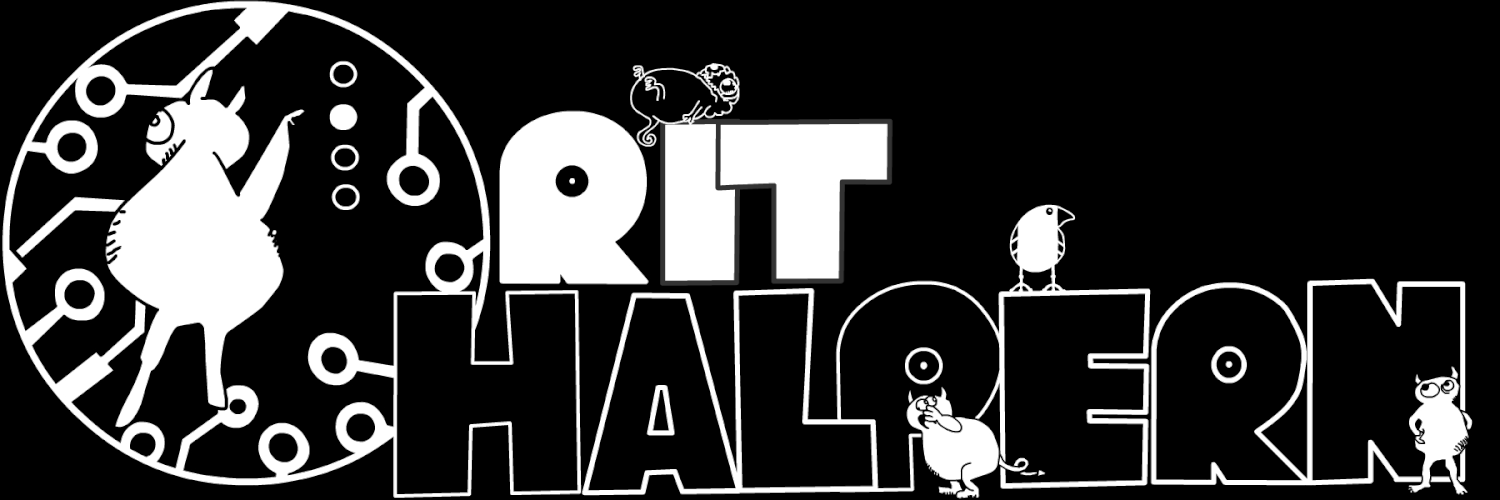The Smartness Mandate
Winner of the Society for Science, Literature, and the Arts (SLSA) annual Michelle Kendrick Memorial Book Prize 2023
“With precise focus and provocative paradoxes, The Smartness Mandate is written on behalf of the futures of planetary intelligence and how they might emerge from the present myopia.”
—Benjamin Bratton, University of California, San Diego
“In a critical synthesis as constructive as it is sharp, Halpern and Mitchell deftly historicize and surgically demystify the data-driven ‘smartness’ that governs today’s biopolitics, from options trading to ‘resilient’ cities. This book couldn’t be more timely.”
—Reinhold Martin, Columbia University and author of Knowledge Worlds: Media, Materiality, and the Making of the Modern University
“If you think digital technologies are ‘smart,’ think again. This book delves into the material underworlds and logics of smartness, bringing its agencies, operations, and outcomes into relief. Richly evocative and political, the book delivers a vital planetary warning.”
—Lisa Parks, Distinguished Professor of Media Studies, University of California-Santa Barbara
Over the last half century, "smartness"—the drive for ubiquitous computing and artificial intelligence—has become a mandate: a new mode of managing and governing politics, economics, and the environment.
Smart phones. Smart cars. Smart homes. Smart cities. The imperative to make our world ever smarter and more “intelligent” in the face of increasingly complex challenges raises several questions: What is this "smartness mandate"? How has it emerged, and what does it say about our evolving way of understanding—and managing—reality? How have we come to imagine human survival as dependent on big data and artificial intelligence?
This book traces histories of evolutionary biology, neoliberal thought, artificial intelligence, urban planning, and environmental management in order to answer these questions. In doing so, we expose both the inequities, violence, and racisms architected into machine learning systems and the alternative imaginaries of both machine and human intelligence and life.
READ BOOK:


